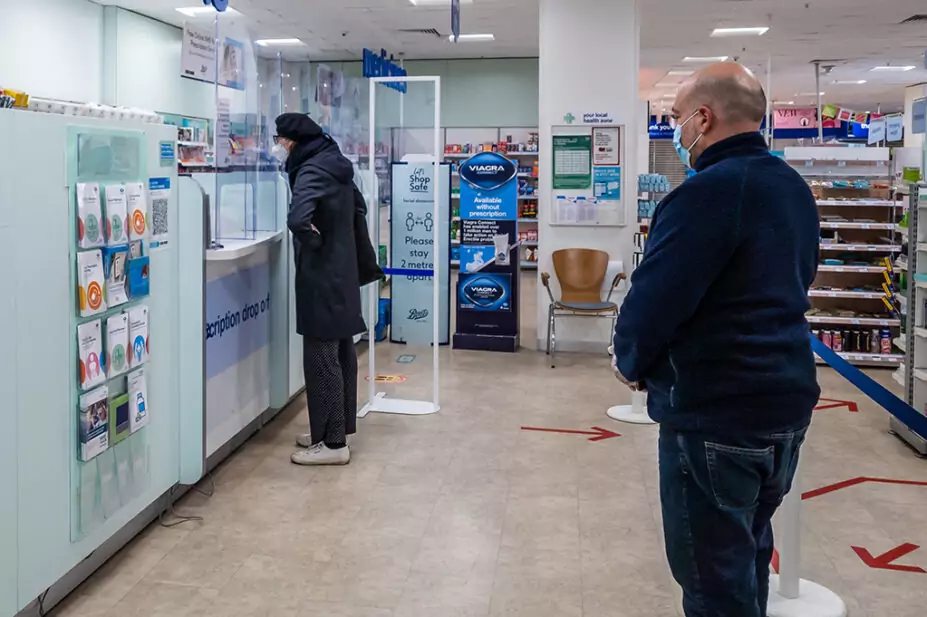
Shutterstock.com
Integrated care boards (ICBs) should be allowed to commission packages of care from community pharmacies, similar to the services provided by pharmacists working for primary care networks (PCNs) under the ‘Additional recruitment reimbursement scheme’ (ARRS), the Company Chemists’ Association (CCA) has said.
In its report on the future of community pharmacy in England — ‘The future of community pharmacy — moving from theory to reality‘, published on 24 July 2023 — the CCA said the recruitment of pharmacists and pharmacy technicians under the ARRS has “had a highly destabilising impact on community pharmacy”.
The ARRS was announced in January 2019 as part of the five-year GP contract and allows primary care networks (PCNs) to recruit clinical staff, including pharmacists, to certain patient care roles.
However, the scheme has proved controversial, with some in the pharmacy sector blaming it for creating a shortage of pharmacists in community pharmacies, because of their recruitment into PCNs.
In October 2022, Janet Morrison, chief executive of the then Pharmaceutical Services Negotiating Committee, called for recruitment of pharmacists into primary care to be stopped.
In its future of community pharmacy report, the CCA said: “As an alternate approach, ICBs should commission community pharmacy to deliver specific ‘packages of care’ on behalf of PCNs.
“Not only would this stabilise the community pharmacy workforce, but it would increase capacity within local health systems and improve patient access in familiar and trusted settings,” the report added.
“Packages of care could include reviewing high-risk medications, structured medication reviews (SMRs) or long-term condition clinics.
“While this would require changes to the [Direct Enhanced Service] to enable funding to commission community pharmacies directly for service provision, it is already supported by the digital changes outlined in the primary care delivery plan and the rollout of prescribing in community pharmacy.”
Concerns have previously been expressed about the amount of time that PCN pharmacists are given to carry out SMRs, with Tony Avery, national clinical director for prescribing in England, saying he will “have a look at” complaints that pharmacists are given as little as ten minutes to carry out the reviews.
In a report published on 13 July 2023, the National Pharmacy Association recommended changes to ARRS arrangements to counter what it called a “workforce crunch” in community pharmacy.
The vision document — ‘Making changes meeting needs: the independent community pharmacy offer in England to the end of this decade’ — said: “An obvious step in the short term is to require local NHS managers to conduct an impact assessment prior to any further recruitment into GP or primary care network sites under the ARRS programme.
“We also believe that community pharmacy should be able to access ARRS funding and deliver integrated services from community pharmacies.”
Commenting on the CCA report, Malcolm Harrison, chief executive of the organisation, said: “The blueprint to transform the future of community pharmacy has been set. When we piece the puzzle together, the vision is very positive. But, if any piece of the puzzle is left out, patients will not benefit from the transformation of community pharmacy.
“The challenges in the sector are significant. Historic underfunding, a continued workforce crisis and continued delays in the rollout of promised efficiencies have created a perfect storm. We still need action for the ‘here and now’, otherwise the pharmacy network will continue to deteriorate.”
The Department of Health and Social Care was asked to comment on this article.


